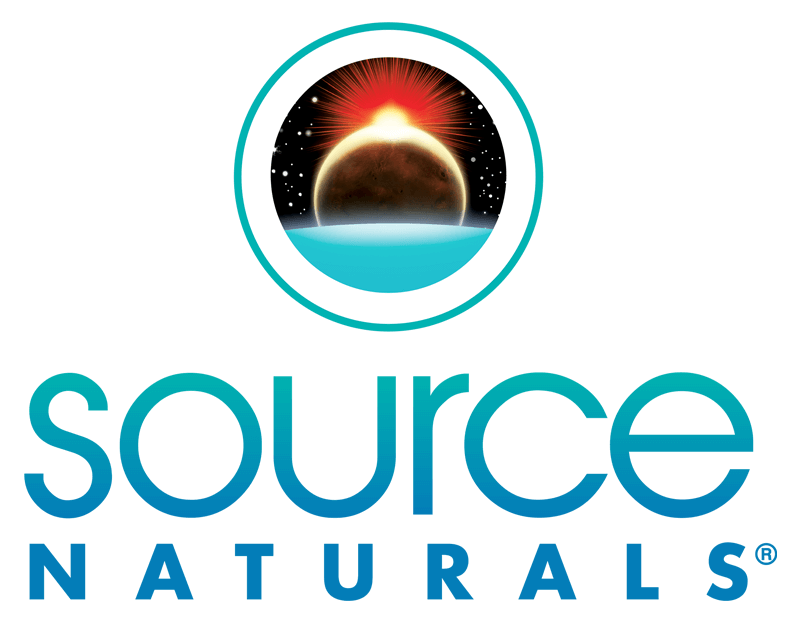Blog
Vitamin A

Vitamin A
Unveiling the Multifaceted Role in Health and Well-being
Vitamin A is a fat-soluble vitamin that plays a crucial role in various physiological processes, contributing to vision, immune function, cellular communication, and skin health. This essential nutrient exists in two primary forms: preformed vitamin A, found in animal products, and provitamin A carotenoids, found in plant-based sources. In this comprehensive exploration, we delve into the multifaceted role of vitamin A, its sources, functions, recommended intake, potential deficiencies, and the implications of both excess and deficiency on health.
Sources of Vitamin A: Vitamin A is obtained through diet from both animal and plant sources.
Preformed Vitamin A (Retinoids):
- Animal sources such as liver, fish liver oils, dairy products, and eggs contain preformed vitamin A, also known as retinoids. These are readily absorbed and utilized by the body.
Provitamin A Carotenoids:
- Plant-based sources provide provitamin A carotenoids, including beta-carotene, alpha-carotene, and beta-cryptoxanthin. Rich sources include orange and yellow fruits and vegetables (carrots, sweet potatoes, mangos) and dark green leafy vegetables (spinach, kale).
Functions of Vitamin A: Vitamin A serves diverse functions within the body, each contributing to overall health and well-being.
Vision:
- Vitamin A is essential for vision, particularly in low-light conditions. It is a key component of rhodopsin, a light-sensitive pigment in the retina. Deficiency can lead to night blindness and, in severe cases, complete blindness.
Immune Function:
- Vitamin A supports the immune system by promoting the integrity of mucosal surfaces, such as the lining of the respiratory and gastrointestinal tracts. It plays a role in the development and maintenance of immune cells.
Cellular Communication:
- The vitamin is involved in cellular communication, influencing gene expression and regulating cell differentiation. This is crucial for the growth and development of various tissues.
Skin Health:
- Vitamin A contributes to skin health by promoting cell turnover, maintaining the integrity of skin cells, and supporting the production of sebum, an oily substance that moisturizes the skin.
Reproductive Health:
- Vitamin A plays a role in reproductive health, contributing to the development of sperm, the regulation of fetal development, and supporting normal embryonic development.
Antioxidant Properties:
- Beta-carotene, a provitamin A carotenoid, functions as an antioxidant, helping to neutralize free radicals in the body and protect cells from oxidative damage.
Recommended Intake: The recommended dietary allowances (RDAs) for vitamin A vary based on age, sex, and life stage. The values are expressed in micrograms of retinol activity equivalents (RAE).
Infants (0-12 months):
- 400 mcg RAE
Children (1-18 years):
- Ranges from 300 mcg RAE to 900 mcg RAE depending on age
Adults (19 years and older):
- 700 mcg RAE for women
- 900 mcg RAE for men
Pregnancy and Lactation:
- 770 mcg RAE for pregnant women
- 1,300 mcg RAE for lactating women
Deficiency Symptoms and Risks: Vitamin A deficiency can result from inadequate dietary intake or malabsorption issues. Common symptoms and risks include:
Night Blindness:
- Impaired vision in low-light conditions, often the earliest sign of deficiency.
Xerophthalmia:
- A more severe manifestation of deficiency that can lead to dryness, ulceration, and potential blindness due to damage to the cornea.
Compromised Immune Function:
- Increased susceptibility to infections, particularly respiratory and gastrointestinal infections.
Skin Issues:
- Dry, rough skin and potential susceptibility to infections.
Impaired Reproductive Health:
- Complications during pregnancy and an increased risk of maternal mortality.
Toxicity: While vitamin A is essential for health, excessive intake can lead to toxicity, known as hypervitaminosis A. This can occur through high-dose supplements or excessive consumption of animal sources.
Acute Toxicity:
- Symptoms may include nausea, dizziness, headache, and, in severe cases, can lead to more serious conditions.
Chronic Toxicity:
- Prolonged excessive intake can result in bone pain, liver damage, and potentially more severe consequences.
Nutritional Strategy for Vitamin A Intake: Achieving optimal vitamin A intake involves a balanced and varied diet that includes a mix of animal and plant-based sources.
Animal Sources:
- Incorporate sources such as liver, fish liver oils, dairy products, and eggs in moderation to meet preformed vitamin A needs.
Plant Sources:
- Emphasize a variety of colorful fruits and vegetables, particularly those rich in provitamin A carotenoids like beta-carotene. This includes carrots, sweet potatoes, spinach, kale, and mangos.
Balanced Diet:
- A balanced diet ensures the availability of other essential nutrients that work synergistically with vitamin A for overall health.
Supplementation Considerations: While obtaining vitamin A from food sources is generally preferred, supplementation may be necessary in specific situations, such as:
Certain Medical Conditions:
- Malabsorption issues or specific medical conditions that compromise vitamin A absorption.
Pregnancy and Lactation:
- Pregnant and lactating women may require additional vitamin A, but this should be done under the guidance of healthcare professionals.
Vegetarian or Vegan Diets:
- Individuals following strict vegetarian or vegan diets may benefit from provitamin A carotenoid supplements, particularly if their dietary intake is limited.
Conclusion: Vitamin A stands as a cornerstone in promoting various aspects of health, ranging from vision and immune function to skin health and cellular communication. Achieving an optimal balance through a diverse and well-rounded diet is key to reaping the benefits of this essential nutrient. However, caution must be exercised to avoid both deficiency and excess, as each comes with its set of consequences. By incorporating a spectrum of vitamin A-rich foods into a balanced diet and considering individual needs, individuals can harness the power of this vital nutrient to support their overall health and well-being.
We hope you found the information provided by Thera-Mineral valuable and insightful. At Thera-Mineral, we are dedicated to offering high-quality supplements to support your health and well-being.
If you have any further questions, need additional information, or would like to explore our range of supplements, please don’t hesitate to reach out. You can contact us at our office located at 25216 Grogan’s Park Dr. Suite A, The Woodlands, TX 77380. Our friendly team is ready to assist you by phone at 855-472-2569 or via email at support@theramineral.com.
For your convenience, most supplements are available on our website, theramineral.com. However, if you don’t find a specific product on the site, our dedicated staff can help you place an order, and we’ll ensure it’s delivered to your place of choice.
We appreciate your trust in Thera-Mineral, and we look forward to being a reliable partner on your journey to optimal health. Thank you again for being part of our community!


























